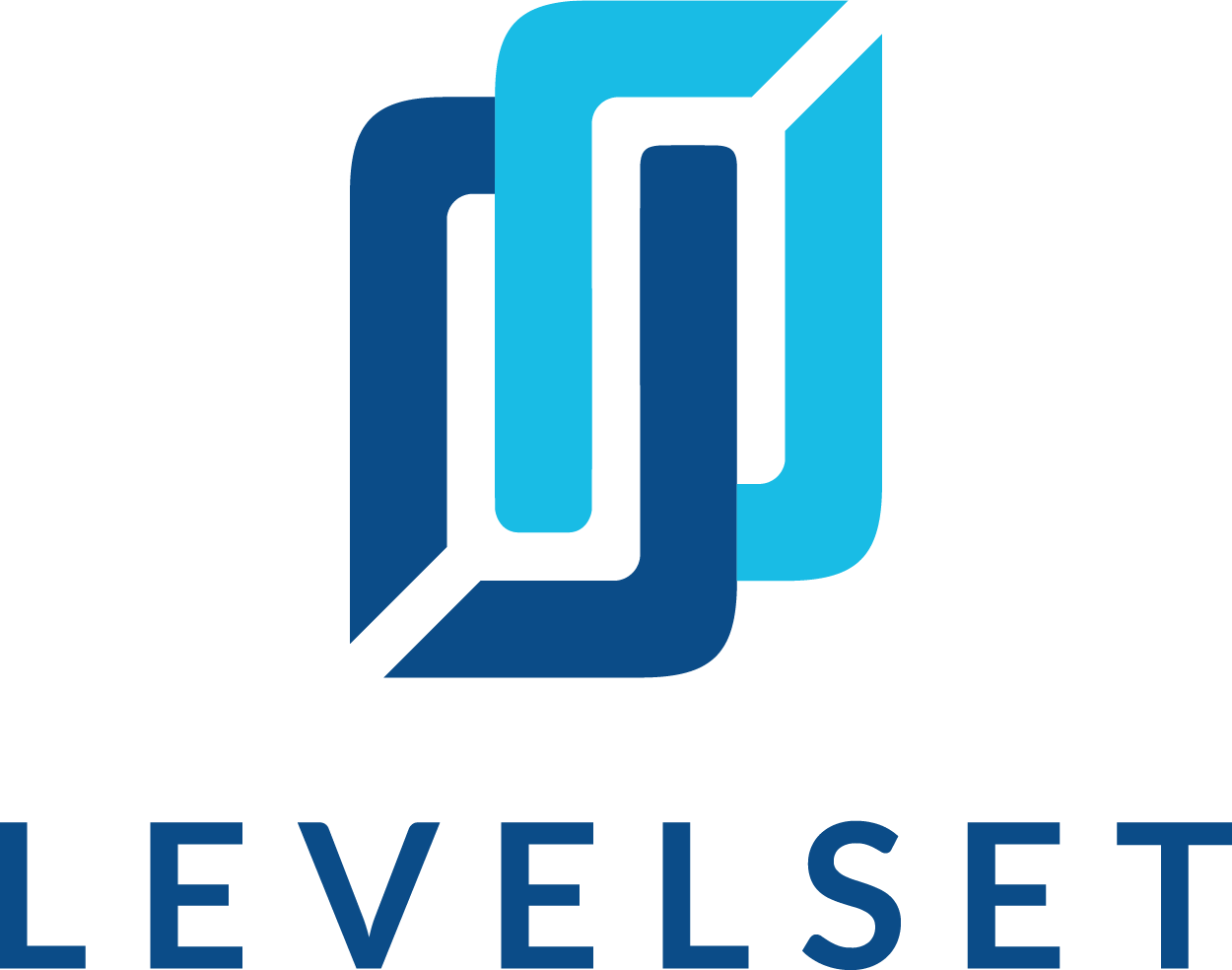
It’s a pretty common problem. You get a great job, complete it to the customer’s satisfaction, and then have to wait to get paid. And wait. And wait. You may even have to look at filing a lien to get paid for the completed project. At the same time, your financial obligations won’t wait for payment. How do you balance a busy project schedule with better construction company finances? When invoices go unpaid or customers find reasons to dodge your attempts to collect, how do you protect your construction business? Here’s a look at five questions to consider before taking on any construction project to help ensure you’ll be paid at the end of the job.
5 Questions Before Building
1. Does the estimate cover everything for the project? When you’re putting together an estimate, pay attention when the customer says that he or she will discuss the details of a particular aspect of the project later. Whether it’s the cabinets that haven’t been selected, plumbing fixtures that need to be chosen, or similar aspects, you’ll need to note that those items are not covered in your initial estimate and stay on top of the issue while working on the job. Otherwise, it’s very easy to simply order what the customer finally decides on without adding it to the initial estimate, which can cause customer complaints about the additional cost that’s added to the project at a later time.
2. Have you put a contract in place? Though it’s tempting to start work on a handshake, it’s important to have a written contract in place to protect your business’s financial interests. When work starts based on a verbal contract, it can become a case of what you agreed to versus what the customer claims he or she agreed to verbally. In addition to many other legal issues, contracts layout when payment is expected, consequences for non-payment, how project changes are handled, and your legal remedies under the law. It’s worth paying a few dollars to an attorney to draft a basic contract that you can modify as needed for different projects.
3. Do you have access to working capital if needed? One constant issue in construction is cash flow. One month you’ve been paid for a huge contract, the next you’re scraping by because of unpaid invoices. The fact of the matter is that just about any construction project is going to take a significant amount of cash to get off the ground, and that’s true whether you’re a homebuilder, a specialty subcontractor, or even a large commercial outfit. Knowing you’ll need access to the cash is one thing, but actually being able to get it is an entirely different matter. There are options such as commercial credit lines or even invoice financing, but it’s best to lay the groundwork ahead of time so that you can pull the trigger quickly if a cash flow crunch turns up mid-way through the project.
4. Do you have a change order process in place? We’ve all had that one customer who frustrates you to no end because the project keeps changing. Maybe it’s a homeowner who decides after the work is done that it’s the wrong color, the wrong cabinets or that the ceiling needs to be higher. Whatever the change is, you’ll need to discuss it with the customer and have a change order prepared and signed by him or her. Having a change order process in place means that the additional expenses to “fix” the problem caused by the customer will be brought into the contract as a whole.
5. Are you in a position to deal with bad debts? If you aren’t, you need to change that so you can deal with bad-debt situations. Take a little time to become acquainted with what your state’s mechanic’s lien laws are; what language you need to include on invoices or statements to apply interest and fees to unpaid work; what the cost of collections will be; and similar aspects of debt collection to help limit your cost and liability in these situations.
If you start a project without dealing with these issues, you may find yourself having trouble getting paid. Though the paperwork and tasks involved may seem as though they’re taking you away from working on the project, those same tasks help protect your bottom line if a customer is hesitant to pay. By having all your ducks in a row before the project starts, you have a better chance of being paid on time and in full.
Editor’s Note
A special thanks to the author, Jon Proeh of Proeh Construction, for contributing this article to the Construction Payment Blog. We’re always excited to hear from real people that make the construction industry so vital to the nation’s economy. When it comes to cash flow challenges faced by the construction industry, Jon is preaching to the choir (that’s us here at levelset) — it’s a subject we write about quite often. One of the best ways to overcome cash flow challenges is to get your customers to pay you faster. And how do you do that? You can start by sending preliminary notice on all of your jobs because it’s a proven fact that construction companies that send notices on their jobs get paid faster than the companies that didn’t send notice. Or if you’d like, you can just give us a call and talk to one of our construction payment experts. Here at levelset, our job is to help you get paid.

